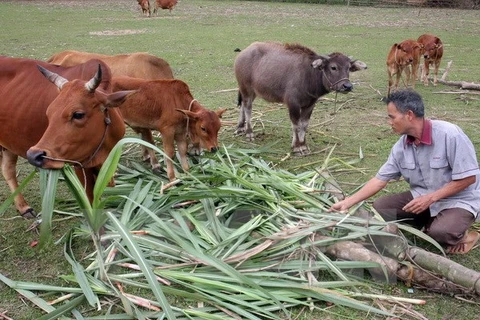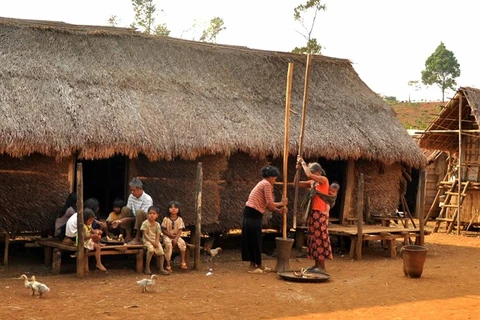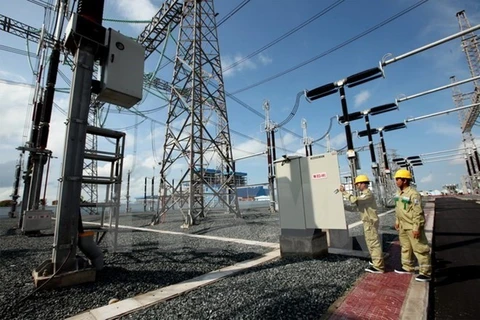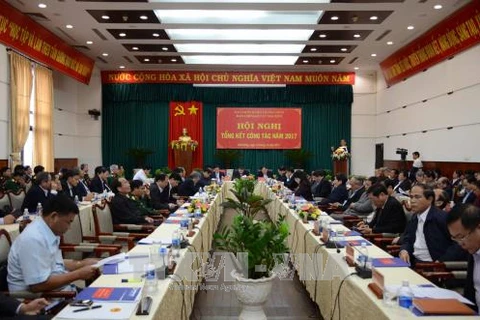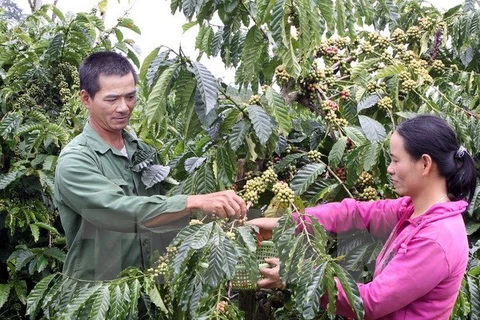Dak Lak (VNA) – Promoting doctor training programmes, coupled with using preferential policies to attract doctors to work in remote localities are part of efforts made by the Central Highlands provinces to improve health care in the region, according to the Steering Committee for the Central Highlands.
The localities have sent students to prestigious universities to pursue medical training and joined hands with medical universities in the country to expand training in emergency medicine, internal medicine, surgery, obstetrics and pediatrics.
The Military Medical University and the Faculty of Medicines and Pharmacy under Tay Nguyen University have educated thousands of doctors for the five Central Highlands provinces.
In-service training is also prioritised so medical staff can exchange experience, get updated on the latest medical information and enhance their capacity.
Currently, the region has an of average 7.6 doctors per 10,000 residents.
The Central Highland region has five provinces: Dak Nong, Dak Lak, Giai Lai, Kon Tum and Lam Dong.-VNA
VNA

